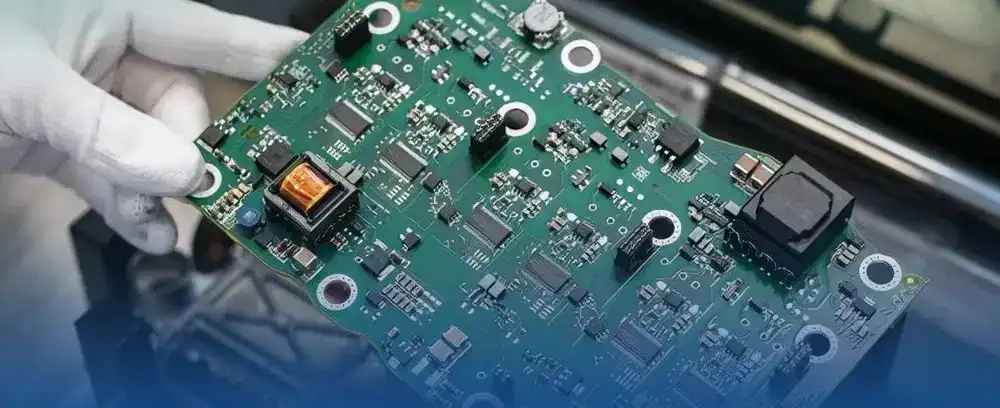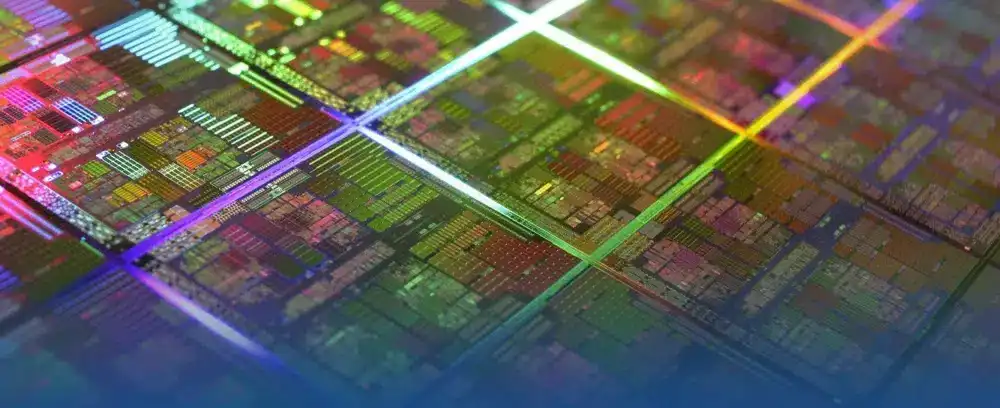
Chip is a general term for semiconductor component products, also known as integrated circuits (IC).
Automotive chips are mainly divided into three categories: functional chips (MCU, MicrocontrollerUnit), power semiconductors, and sensors.

Functional chips mainly refer to processor and controller chips. For a car to run on the road, it cannot do without the electronic and electrical architecture for information transmission and data processing. The vehicle control system mainly includes body electronic system, vehicle motion system, powertrain system, infotainment system, automatic driving system, etc. There are many sub-function items under these systems, and each sub-function item has a control system behind it. There will be a function chip inside the controller.
Power semiconductors are mainly responsible for power conversion and are mostly used in power supplies and interfaces, such as IGBT power chips for electric vehicles, and field effect transistors MOSFET that can be widely used in analog circuits and digital circuits.
Sensors are mainly used for various radars, airbags, tire pressure detection, etc.
The self-driving chip is essentially a functional chip, a high-computing chip produced with the development of smart cars. There is a saying that the self-driving chip is the Mount Everest of chips, representing the highest technical challenge.
At present, the commercially available autonomous driving chips are basically in the stage of advanced driver assistance systems, which can realize L1-L2 assisted driving, and some claim to realize L3 functions.
There are three main reasons for the sudden shortage of automotive chips:
First, the impact of force majeure such as the new crown epidemic and fire. Wafers are the raw materials for making chips. The new crown epidemic has brought a severe impact on wafer production. The world’s first and second wafer foundries TSMC and Samsung have been forced to suspend production due to employees being infected with the epidemic. At the same time, the strike movement in Europe and the fire at the Asahi Kasei plant in Japan once again affected the production capacity of wafer foundries.
Second, the rapid recovery of the auto industry and insufficient estimates from suppliers. According to the statistics of StrategyAnalytics, the number of functional chips installed in automobiles of all levels is increasing year by year. At present, the average number of functional chips used in automobiles is about 25, and some high-end models have exceeded 100. In the second half of 2020, the auto market represented by China will recover rapidly, exceeding the supply chain’s prediction of chip demand.
Third, competition for production capacity of consumer electronics products. On the one hand, the demand for consumer electronics products has increased significantly during the pandemic. On the other hand, the profit margin of in-vehicle chips is far lower than that of consumer electronics chips. Some chip suppliers tend to reserve production capacity for consumer electronics products.
At present, chips are mainly silicon-based chips, and silicon wafers are the raw materials for making chips. The chip production process mainly involves chip design, wafer processing, packaging and testing.

The operation of chip enterprises is divided into two modes, namely IDM mode and Fabless mode. The IDM mode means that chip design, production, packaging and testing are all done by a company. The Fabless model refers to those chip design companies that focus on the design, development and sales of chips without fabs. These companies outsource wafer manufacturing, packaging and testing to foundries, which are called Foundries.
At present, only a handful of companies such as Intel, Samsung, and Texas Instruments can independently complete all processes of design, manufacturing, and packaging and testing. Most chip companies are only engaged in chip design, such as Huawei, MediaTek, Qualcomm, etc. TSMC is the world’s largest foundry business.
Classified by size, there are mainly three types of wafers currently used in the industry: 6 inches, 8 inches and 12 inches, of which 8 inches and 12 inches are the most widely used.
Regarding the evolution of wafer size, it is generally accepted that 4-inch silicon wafers were the mainstream in the 1980s, 6 inches in the 1990s, 8 inches in the 2000s, and 12 inches after 2008.
After 2008, with the outbreak of the mobile Internet, upstream and downstream chip companies are investing heavily in more advanced 12-inch wafers, and gradually phased out 8-inch wafer production lines. According to statistics from the International Semiconductor Industry Association SEMI, as of 2019, 12-inch wafer silicon wafers have accounted for 67% of all wafer shipments.
However, 8-inch wafers happen to be the counterpart technology for automotive functional chips. As the demand for chips in automobiles increases, the industry chain has begun to increase investment in 8-inch wafer production capacity again.
The chip manufacturing process refers to the size of the gate width of the chip transistors. The smaller the nanometer number, the higher the transistor density, and the higher the chip performance. The gradually shrinking number of chip manufacturing processes represents the direction of chip technology progress.
However, because each company has a different nomenclature for the process technology, it is impossible to make an absolute judgment on each process technology under the same nanometer process. For example, the transistor density of Intel’s 10nm is comparable to that of Samsung’s 7nm and TSMC’s 7nm.
So that’s about everything you need to know about integrated circuits and how they work. We at Qtech are always ready to give you solid advice about PCBs, PCBA, and ICs. Talk to us today and find out more on what we offer. With over a decade of experience in this field, you’re guaranteed quality always.